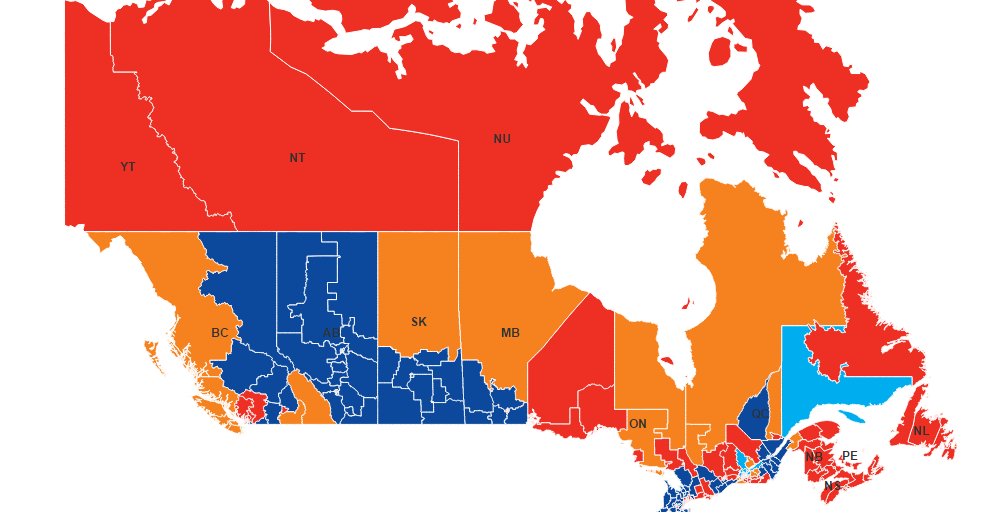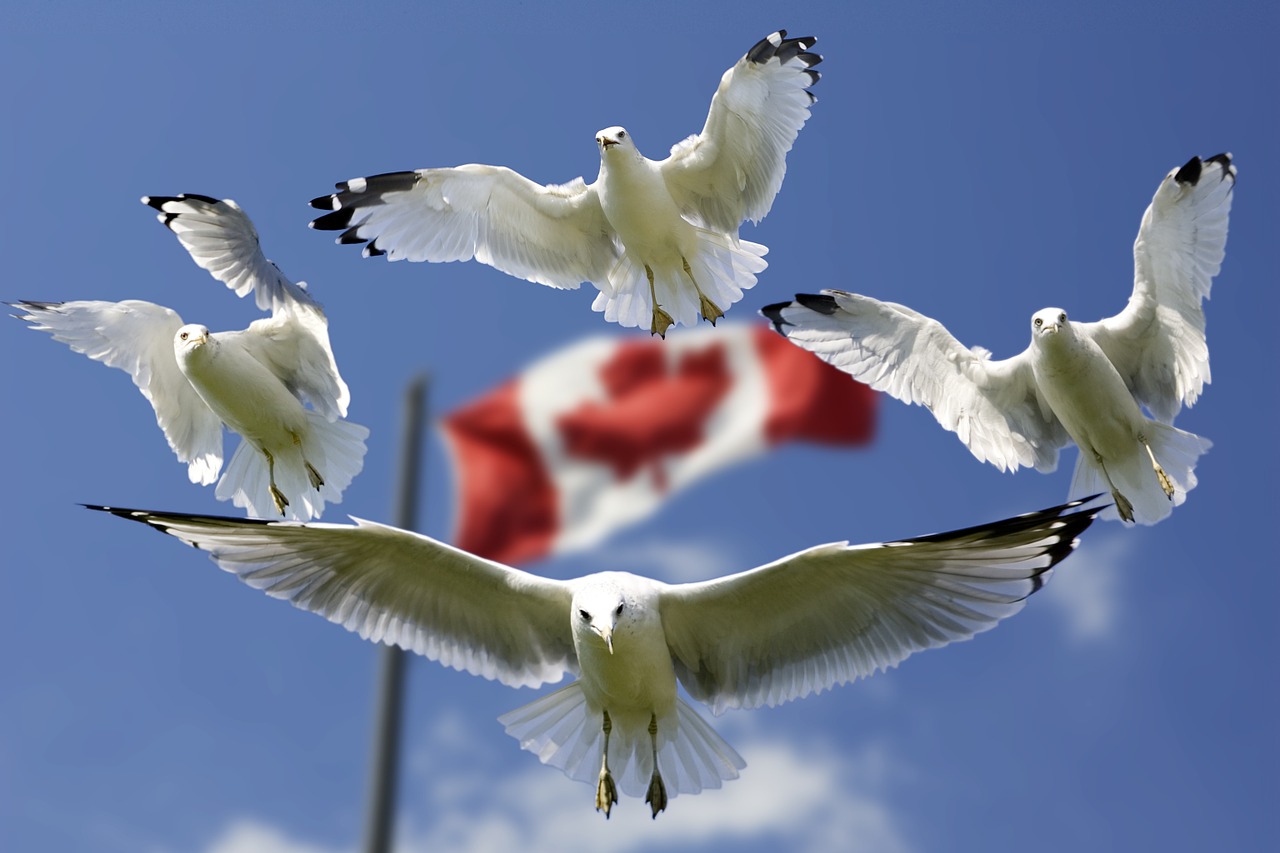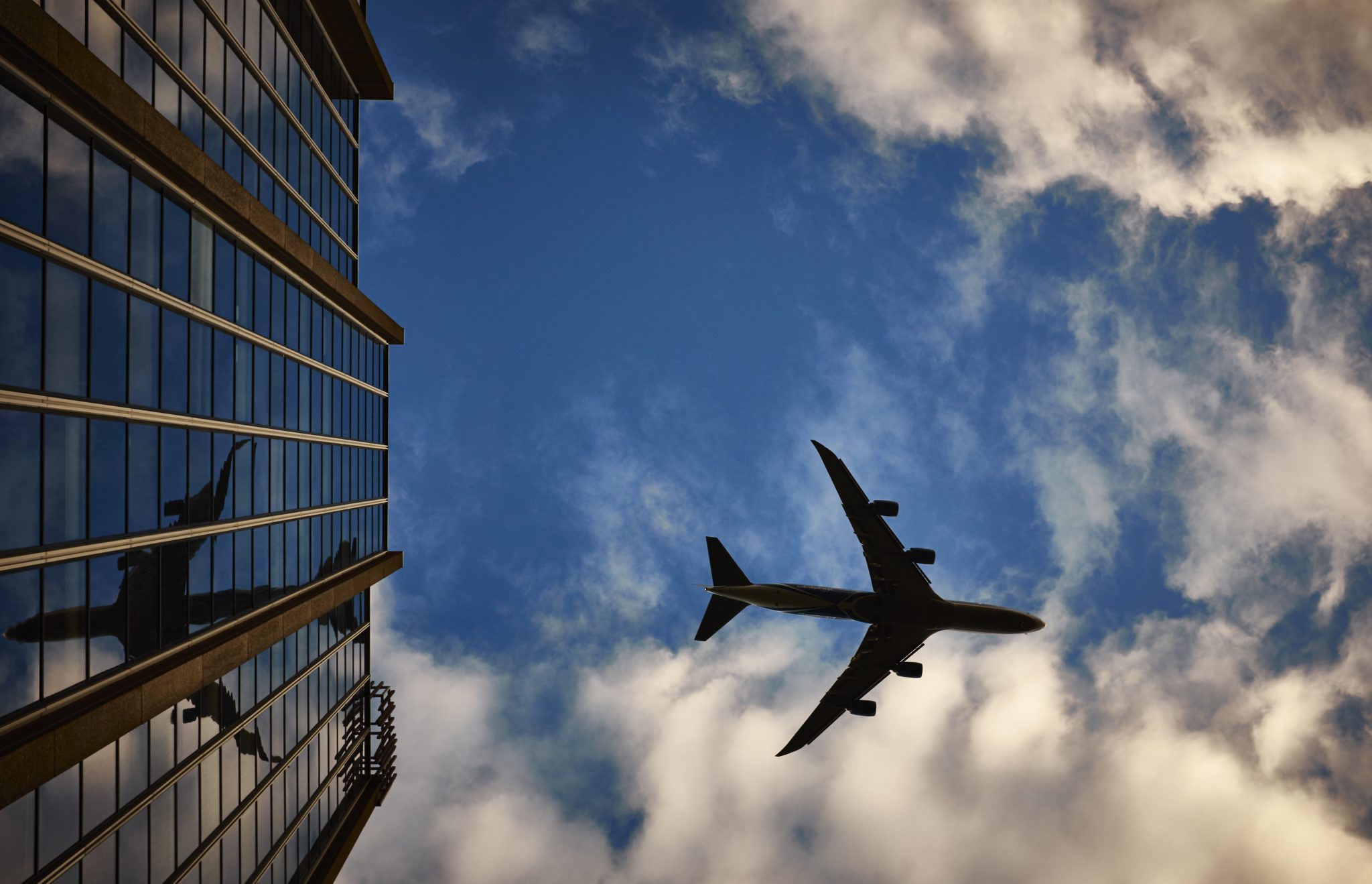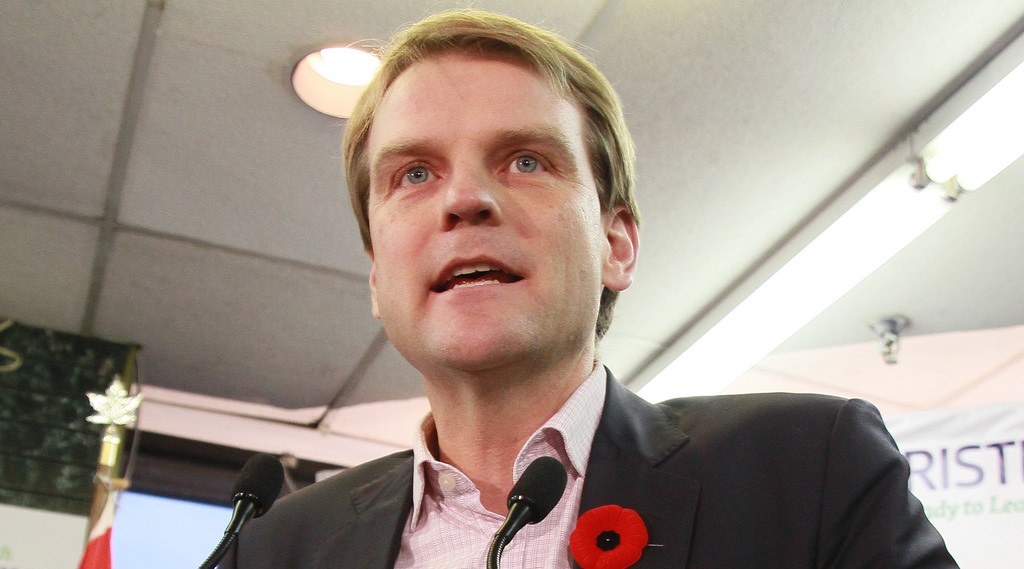Immigration in Canada Has Been a Major Election Issue
Ottawa Immigration Lawyers Saw Xenophobia, Anti-Immigration Sentiments Spring Forth as Nation Headed to Polls
The current federal election and the results on October 19th carries a sense that it may be one of the most important Canada has ever seen. And the topic of immigration, the rights of immigrants and their families, and the attitudes towards ethnic, cultural, and religious minorities seem to all be on the line, too. With all eyes on Ottawa, immigration lawyers and advocates continue to work towards getting fair representation for those who are new to our country, in the face of Citizenship and Immigration Canada’s spate of new and restrictive policies over the past several year, now being joined by anti-immigration sentiments in the election campaign itself.
In particular, there has been criticism of an implicit anti-Muslim agenda in the Conservative Party of Canada’s campaign, which has been echoed by much more overt sentiments in the public. On the political level, the primary focus of recent criticism has been the recent Zero Tolerance for Barbaric Cultural Practices Act, the title of which is suspected by critics of being informed by ideas of foreign cultures as barbaric and uncivilised as compared to our own. It has been noted that the sorts of crimes covered by the act are already illegal under Canadian law, raising concerns that the act—and the proposed tip line that accompanies it—is aimed specifically at Muslims, Arabs, and others who have arrived by immigration to Canada.
Equally alarming to Ottawa immigration lawyers is the passing of Bill C-24, which has allowed the government to strip Canadians of citizenship, so long as they would not be left stateless. Or the continued strife of Deepan Budlakoti, whose citizenship was revoked in 2010 before this bill was passed, leaving him stateless. The primary targets for expulsion from Canada have been Muslims and the descendants of non-European immigrants.
Add to this promises that, if re-elected, the government will ban public servants from wearing specifically-Islamic religious wear like the Niqab.
While the government and the candidates campaigning for re-election have stopped short of overtly stating an anti-Muslim agenda, there has been a rash of incidents around Canada that sends a very loud, very clear message: to certain Canadians—and it can only be hoped that they make up a fringe, and are not speaking for the majority—want this country to be Muslim- and Arab-free. In Montreal, the NDP candidate for the riding of Pierrefonds-Dollard, Lysane Blanchette-Lamothe, has seen her campaign signs vandalised with the message “No Muslim, no terrorism.” London, Ontario, candidate Khalil Ramal has had as many as 35 of his campaign signs vandalised with slogans such as “Arab scum.” Numerous other election signs around the country have been vandalised with the swastika, the infamous former symbol of Germany’s National Socialist Party which has become synonymous with white supremacy and anti-immigration sentiments worldwide.
Immigration in Canada was once part of what made this country great—the blend of different cultures, viewpoints, and ideas—and it should be again. In this current climate, new arrivals to Canada would not be blamed for living in fear of their neighbours. However, now that a new government has been elected, there is some hope for change. Time will tell if promises will be kept when it comes to welcoming refugees. It is the hope of Ottawa immigration lawyers that no new resident of our country should continue to feel fear.
Refugee Law Office Makes Sense of Numbers
Statistics Tell a Powerful Story, Says Canadian Immigration Lawyer
Statistics on the refugees that Canada welcomes, where they come from, and how many are accepted, are both interesting and enlightening for Canadian immigration lawyers. These are more than just numbers—they tell a story, both of international conflict and Canada’s changing policies. It doesn’t take a Canadian immigration lawyer to see the stories behind the numbers, either. Just see for yourself.
Over the past decade, the average number of refugees arriving in Canada annually was 26,000, with an annual average of 11,000 successfully claiming refugee status, some with the assistance of a refugee law office, and 4,000 being privately sponsored. Overall, from 2005 to 2014, about 150,000 refugees and their dependents gained permanent residency, according to a CBC News article.
Correlations with Conflict
Of course, the main focus in this issue has been the international refugee crisis that continues to develop, and particularly the very large number of Syrian people who have been displaced by their country’s civil war. Other countries that have contributed large numbers of refugees over the past decade have included Colombia, Iraq, China, and Mexico. Colombia came out in the lead for the whole decade, a result of an ongoing conflict that within its borders since the 1960s. In 2014, Iraq was the highest, with 2,890 refugees admitted, while in recent years, the Immigration and Refugee Board (IRB) has given its highest acceptance rates to refugee claimants from China.
The IRB reviews cases of refugee claimants who are deemed eligible by Citizenship and Immigration Canada. Here they may enlist the help of a refugee law office, which will provide experience to help build a stronger case for acceptance.
Correlations with Policy
Canadian immigration lawyers and officials have also noted that the available data reflects Canada’s changing laws and policies. For example, after peaking at 9,500 claimants in 2008, the number of claimants from Mexico has decreased ever since, coinciding with Canada’s decision to require visas from Mexican citizens, and making it more difficult to arrive by conventional means for those under threat.
Much to the chagrin of many a refugee law office, another policy change, introduced in 2012, created a “Designated Country of Origin” list that declared certain countries as safe enough that refugee claims from said countries were expedited and barred from appeals. It was believed by some that this policy was ill-informed—as despite its implementation, listed countries such as Hungary and the Slovak Republic have still produced high numbers of refugee claimants (14th and 12th overall, respectively)—and the policy was eventually ruled unconstitutional by the Federal Court. Hopefully with the change to a new government and possible changes to Canadian refugee policies, claimants who are fleeing persecution from all countries will see more opportunities for fair consideration with the help of Canadian immigration lawyers.
Refugee Immigration: Canada vs. the World
A Refugee Law Office Highlights the Generosity of Others in Hopes of Inspiring Us to Action
The Syrian refugee crisis isn’t a new occurrence—it has been ongoing since the Syrian civil war broke out four years ago. Every refugee law office has kept a steady eye on this developing crisis, which has displaced more people than any other crisis in recent decades; four millions Syrians have fled the country, while twice as many are displaced within, unable to leave.
Citizenship and Immigration Canada has committed to resettle a small fraction of the four million, and has so far struggled to meet its own timeline for this promise. But Canada is not the only country accepting refugees, and perhaps we can look to other, nearer countries for inspiration.
Syria’s own neighbours, particularly Turkey, Lebanon, Jordan, and Iraq, have resettled the majority of asylum seekers from Syria. Turkey hosts about two million Syrians, while both Lebanon and Jordan are host to approximately one million each. For Lebanon, a country with roughly twice the land mass of Prince Edward Island, our smallest province, this is particularly impressive; the accepted refugees make up a quarter of its population. And Iraq—its infrastructure still recovering from an eight-year occupation and dealing with IS and its own displaced people—has accepted nearly 300,000 Syrians. By comparison, despite our country’s relative space, resources, and infrastructure, Citizenship and Immigration Canada aims to have settled 10,000 by the end of 2017.
This refugee law office also looks with great reverence towards several European Union nations, and the measures of governments, NGOs, and even ordinary citizens to help in any way they can.
In Berlin, Germany, a group called Refugees Welcome has been working to match Syrian and other refugees from crisis areas with households willing to share their homes. As of the beginning of September, over 780 German households had signed up, and 26 refugees have been hosted. It’s a small number, but it’s growing, and it represents a deep compassion for human life. After the Icelandic government only accepted 50 Syrian refugees to their island nation of 330,000, over 10,000 people in the Scandinavian nation urged the government to do more. Many of them offered their own homes and other means of support and aid. In Greece, which is in the grips of a major financial crisis, the Aegean islands are becoming refuges, and the NGO Agkalia, as well as the social kitchen O Allos Anthropos, offer support to many.
Here in Canada we have been proud to boast of our reputation as a welcoming country—but in light of this, we have a lot to learn from our friends in Turkey, Lebanon, Jordan, Iraq, Germany, Iceland, Greece, and many others. It is the hope of this refugee law office that you will be inspired by the compassion and generosity of these countries, and that you will do your part to push for a more welcoming Canada. Immigration in Canada has become an increasingly complex issue over the past decade, but we can improve it, and live up to our pride once more.
Immigration Minister Draws Criticism from Immigration Lawyers in Canada
Answers Demanded as Immigration in Canada Discussion Continues
Immigration in Canada is an important and hot topic as of late. This is certainly thanks in no small part to the Syrian refugee crisis—dubbed the worst of its kind since World War II—and our government’s reaction to it. As the election gears up, political candidates are demanding answers from immigration lawyers in Canada and concerned families alike. It’s destined to be a serious election issue, one that many candidates are attempting to tackle, some more effectively than others.
In particular, immigration minister Chris Alexander has faced some harsh criticism from the public for what many are describing as his “flat-footedness” on the subject. As a result, Mr. Alexander has suspended his campaign for re-election as Conservative candidate for the Toronto-area riding of Ajax, Ontario.
Mr. Alexander’s position is a stark contrast of former Canadian immigration minister Jason Kenney, who had more of “… an iron grip over the immigration system, in terms of knowledge, experience, and control over the bureaucracy,” as said by Richard Kurland, one of many concerned immigration lawyers in Canada and publisher of the Lexbase newsletter on immigration in Canada.
While Mr. Alexander’s background is certainly one filled with hope and potential (he was even touted as a possible successor of Stephen Harper), many immigration lawyers in Canada feel his educational acumen has not translated into his political career. Apart from the inexplicable comments he made about the CBC not covering the refugee crisis in a sufficient manner, much of his criticism was also drawn last year when both Mr. Alexander and Mr. Kenney were tasked with revamping the Temporary Foreign Workers Program. Though both ministers were assigned to the project, the dynamic of the duo was evident. Immigrations lawyers in Canada watched as Mr. Kenney took over the project, rewriting the rules and fielding questions, while Mr. Alexander opted for a less engaging and prominent role.
As we navigate one of the biggest and worst refugee crises in the world’s history, it's clear that immigration in Canada and acceptance of more refugee claims by Canada needs further discussion. It also needs leadership to take initiative to help our country do its part—the part it pledged to do—to help resettle those individuals who have had their homes taken from them. Immigration in Canada needs reform to support those in need, and as Mr. Alexander heads back to Ottawa to review the circumstances surrounding the tragic case of Aylan Kurdi and the refugee crisis, the public can only hope that things are going to change.
Refugee Lawyers Call for Review of Private Sponsorship Requirements
Canadian Immigration Lawyers Believe That Syrians Should Be Exempt From a Requirement Imposed by the Conservative Government in 2012
By now, many of us have bore witness to the tragedy that struck the lives of the Kurdi family. After British Columbia resident Tima Kurdi’s application to privately sponsor her brother Mohammad and his family was refused, their third brother, Abdullah attempted to flee from Turkey to Greece with his family. When their boat capsized, his two young sons and his wife drowned. Pictures of their three-year-old son, Aylan Kurdi, have since shocked the nation. Following this unthinkable heartbreak, Canadian immigration lawyers find themselves faced with the questions of why and how this could have happened.
In October of 2012, a rule was imposed by the Conservative government which states that an individual must be designated a refugee by the UN High Commission for Refugees (UNHCR), or by another country, before they can be considered for private sponsorship to come to Canada. The rule applies only to refugees being sponsored by groups of five or more Canadians–referred to as G5s–and not to sponsorship agreement holders such as churches and community centres. The rule was implemented as part of a larger overhaul of Canada’s refugee system, and was initially intended to protect against fraud, while simultaneously helping reduce the backlog of private sponsorship applications.
Many refugee lawyers believe that this rule could be the reason that so few Syrians, including Tima Kurdi’s family, have made it to Canada. As many Canadian immigration lawyers have witnessed, this requirement continues to makes it extremely difficult for the masses of people who are interested in helping remedy the crisis in Syria to even begin the process of doing so. Due to a lack of resources, the UNHCR has only been able to complete the intensive screening process required to designate someone a refugee for a small portion of the population since 2011, when large numbers of Syrians began fleeing their country. While Canadian immigration lawyers recognize that the Turkish government has also taken responsibility for registering and designating refugees entering their country, they also suffer from a lack of resources and face similar challenges.
As a result of these issues, only a very small number of refugees are recognized by the UNHCR, which undoubtedly acts as a barrier for private sponsorship. Refugee groups, and numerous Canadian immigration lawyers strongly believe that Immigration Minister Chris Alexander should exercise his right to waive this requirement for groups of applications, and exempt Syrians from this rule. It is the ultimate hope of many refugee lawyers that the Kurdi tragedy, and the increased interest in sponsoring Syrian refugees that has resulted, will prompt the government to review this rule.
If this requirement has affected your application for private sponsorship, contact a refugee lawyer today.





